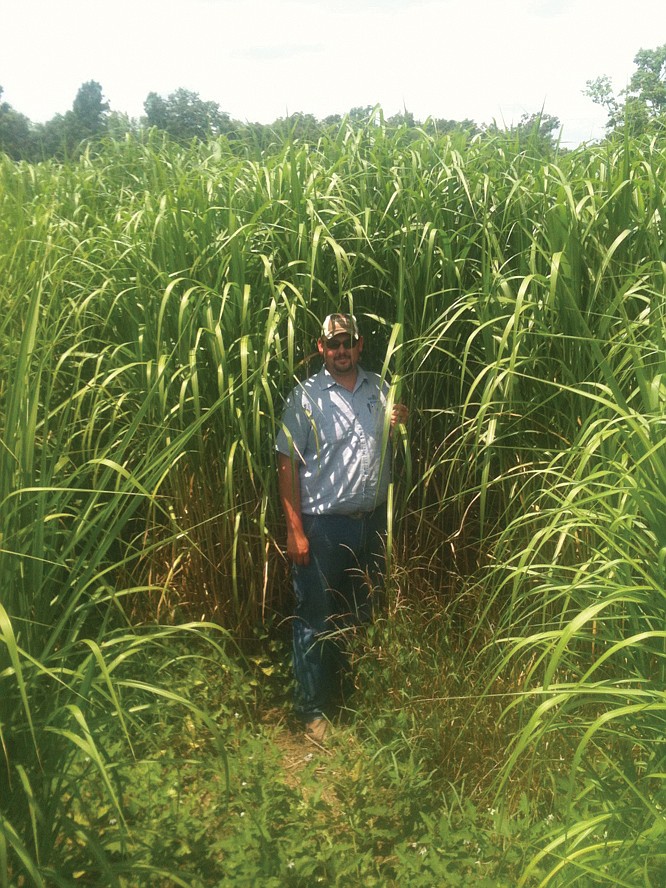COLUMBIA (AP) - A project to use a giant grass grown for a biofuel under a federal program is back on the drawing board after several problems arose during a test burn.
The perennial grass, called miscanthus giganteus, is being grown in three regions in Missouri and Arkansas for the project after a subsidiary of Columbia-based MFA Oil received $14.6 million in 2011 from the federal Biomass Crop Assistance Program to pay farmers to grow the grass, which has been used as a biofuel in Europe.
During a test burn in October at Columbia's municipal power plant, some of the grass pellets disintegrated after they absorbed moisture and others combusted more quickly than the coal they were mixed with, which caused "large fireballs" before they entered the plant's stoker.
"If we conducted future test burns, the focus of modification will have to be, really, on the durability of the fuel," Columbia Water and Light Director Tad Johnsen told the city council earlier this month. "It really didn't survive very well in the environment cohabitating with coal."
Supporters of the project say it is a way to produce a more environmentally friendly fuel while providing a way to increase farm income.
"I think we all hope we can figure this out because this is locally produced, carbon-neutral energy, and it would help the local Midwestern economy if it would work," Mayor Bob McDavid said at the council hearing.
Jared Wilmes, MFA Oil's biomass project coordinator, said the problems were caused mostly by the "age and the structure of the existing boiler system at the power plant."
MFA Oil biomass hopes to conduct a test burn at the University of Missouri's coal power plant, which has new boiler equipment dedicated for use with biomass crops.
"We fully anticipate that will be much more successful," Wilmes said.
Newer equipment with a lower boiler temperature and more protection from the elements would work, Wilmes said.
"The thing we'd be excited about looking at with the city is probably more of a dedicated facility that is something similar to what the university has," Wilmes said.

